What is Computer Simulation?
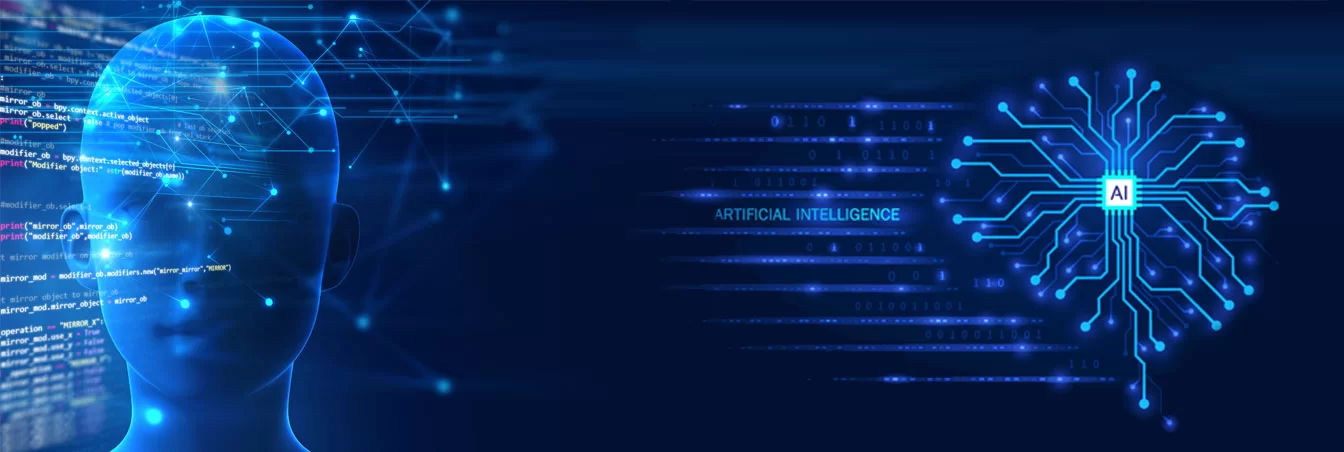
Types of Computer Simulation
In general, computer simulation can be divided into two main types:
-
Equation-Based Simulation: This type of simulation relies on mathematical equations to model and simulate the behavior of a system. It involves defining a set of equations that describe the relationships and interactions within the system. Equation-based simulations are often used for their accuracy and precision in representing complex systems.
-
Agent-Based Simulation: In agent-based simulation, the focus is on modeling individual agents and their interactions within a system. Agents are autonomous entities with defined characteristics and behaviors, and the simulation observes the emergent patterns that arise from their interactions. This type of simulation is particularly useful for modeling systems where individual entities play a significant role.
Both types of computer simulations, equation-based and agent-based, are utilized for the purposes of understanding, prediction, and exploration. They provide valuable insights into the dynamics and behavior of systems, allowing researchers and analysts to study, anticipate, and discover patterns and outcomes.
Equation-based Computer Simulation
Equation-based computer simulation is commonly employed in situations where the governing laws of the system under investigation can be expressed through mathematical relationships and differential equations. Physical models are exemplary instances of equation-based simulations.
System dynamics modeling, or dynamic system modeling, is another example of equation-based computer simulation. It is used to examine the behavior of systems at a macro level, allowing for an analysis of system dynamics on a broader scale.
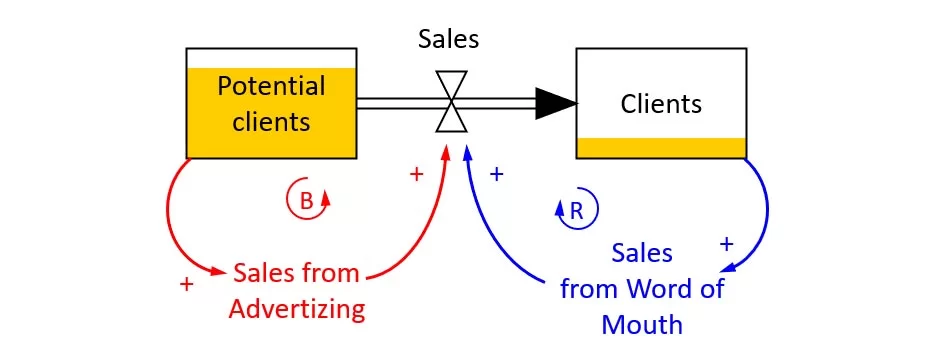
Agent-based Modeling
Agent-based modeling, as implied by its name, is based on elements called agents. These agents have independent behaviors and the capability to interact with and influence each other.
Initially prevalent in behavioral and social sciences, agent-based simulation has, in recent years, found applications across various domains due to its high flexibility. In literature, agent-based simulation is also referred to as “agent-based modeling” and “agent-centric modeling.”
The primary distinction between agent-based computer simulation and equation-based simulation lies in the absence of central and governing equations. Agents possess behaviors determined by their own local rules. From another perspective, in agent-based simulation, we engage with active agents, defined as entities with independence, memory, and behavior.
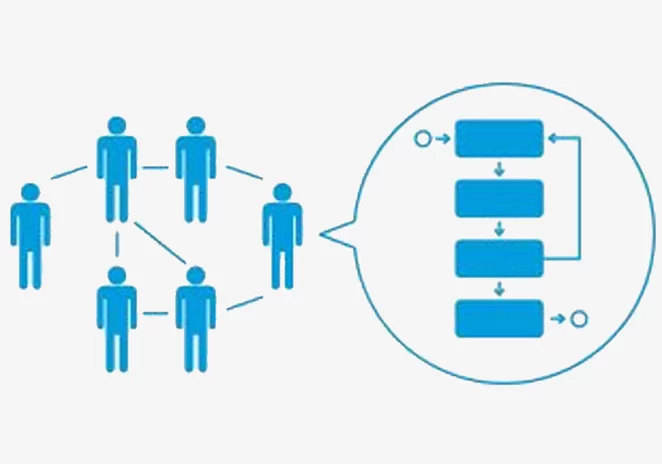
Application of Computer Simulation
Computer simulation has numerous applications, and here are some examples:
-
Supply Chain Simulation
-
Manufacturing and Production System Simulation
-
Transportation and Warehouse Simulation
-
Rail System Simulation
-
Mining and Mineral Processing Simulation
-
Oil, Gas, and Petrochemical System Simulation
-
Terminal and Port Simulation
-
Healthcare System Simulation
-
Business Process Simulation
-
Asset Management Simulation
-
Marketing Process Simulation
-
Social Process Simulation
-
Defense System Simulation
By clicking on each of the mentioned applications, you can view sample computer simulation models.
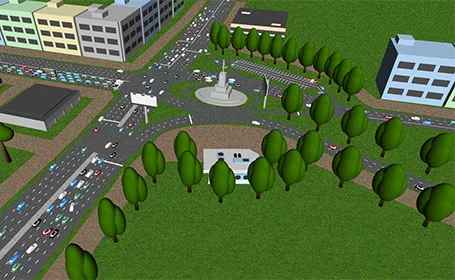
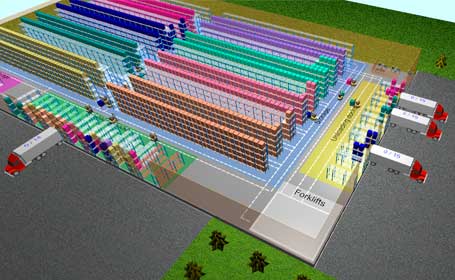
Create Computer Simulation Model by AnyLogic
As mentioned, AnyLogic is the powerful simulation tool that facilitates the creation of computer simulation models. This software supports all three simulation approaches: Discrete Event Simulation, System Dynamics, and Agent-based Modeling. It enables the construction of computer simulation models with various complexities and dimensions.
AnyLogic is developed using the Java programming language, providing the flexibility of this programming language for model development. In addition to designing various general tools for simulation model construction, AnyLogic includes specialized libraries for areas such as traffic, warehousing, material handling, fluid transportation, congestion systems, and discharge, allowing for the easy creation of specialized simulation models.
If you are interested in learning how to build a computer simulation model using AnyLogic, it is recommended to participate in the training courses offered by Surur Company, the official representative of this software.
For more information, visit the link “AnyLogic Software Training Course.”

